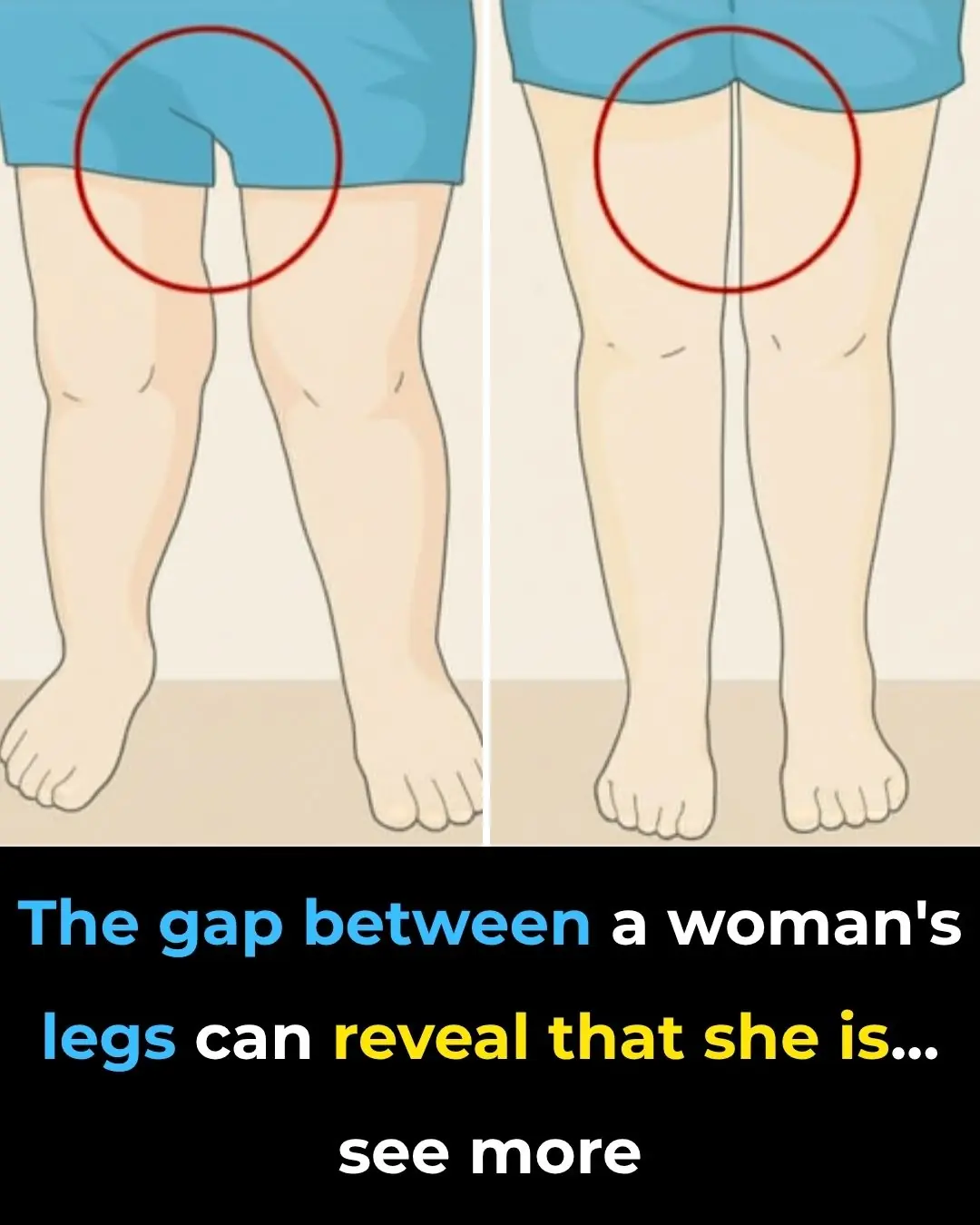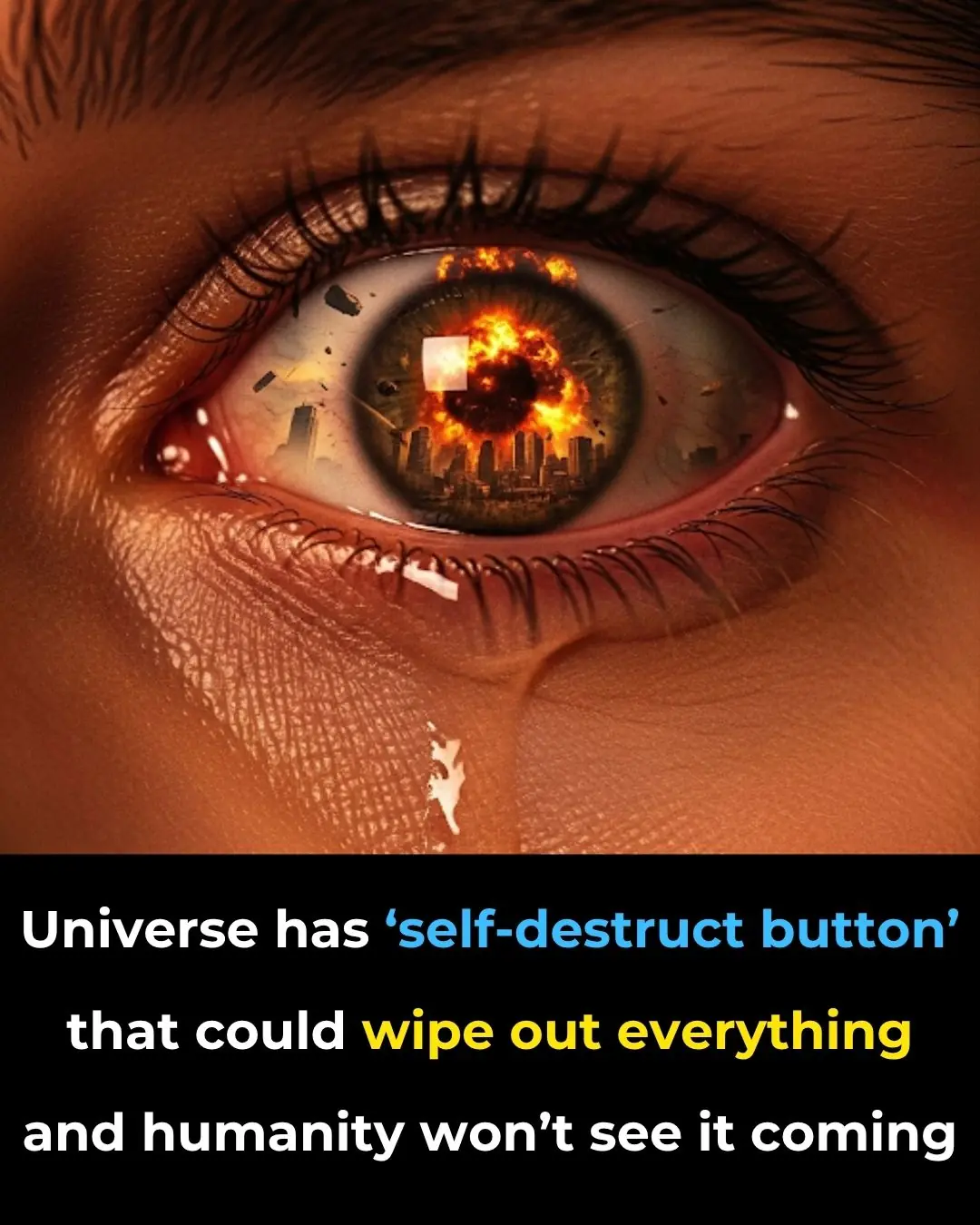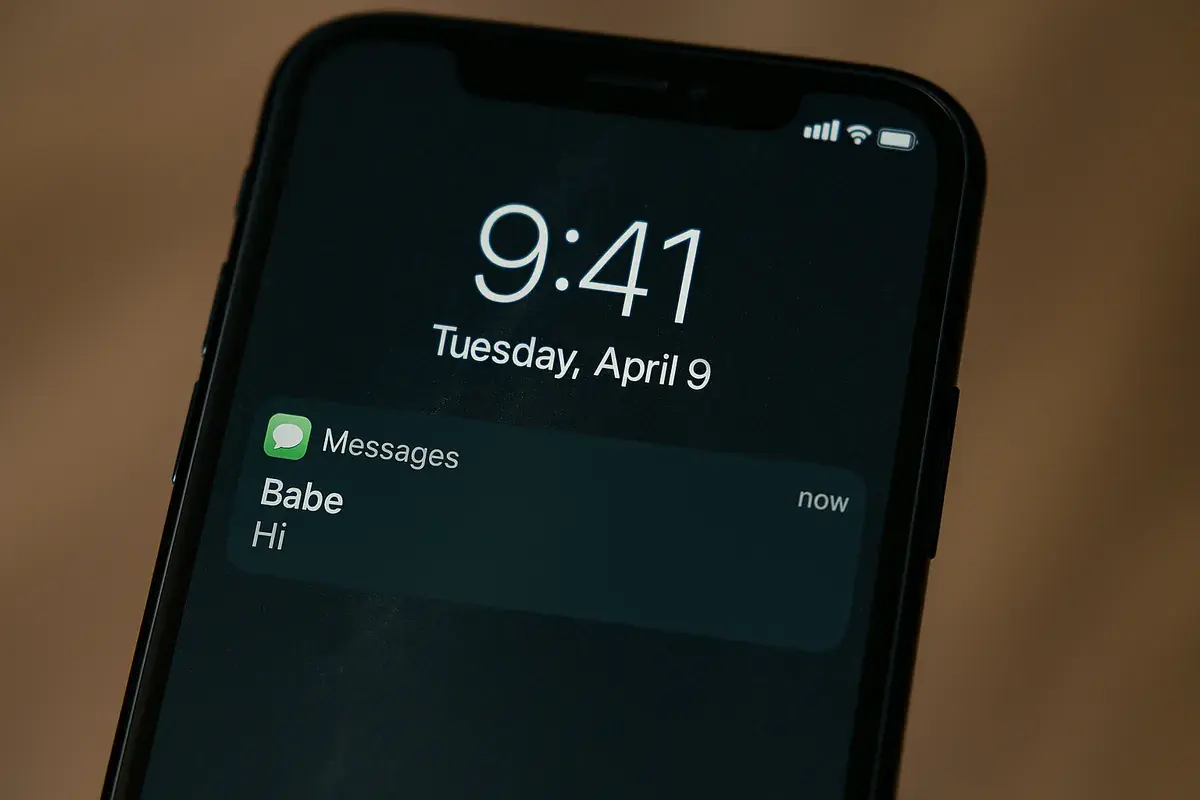
Denmark is fighting Al. It just gave citizens copyright to their own face, voice, and body.

Denmark’s Digital Rights Revolution: Reclaiming Identity in the Age of AI
In a world increasingly shaped by artificial intelligence—where human voices, faces, and even personalities can be replicated with startling realism—the question of digital self-ownership has taken on critical urgency. Deepfakes, once an obscure internet novelty, have entered mainstream awareness, bringing with them a minefield of ethical, social, and legal dilemmas. These hyper-realistic digital forgeries are now used not only for entertainment but also for manipulation, misinformation, and identity theft. As governments struggle to respond, Denmark is stepping forward with a groundbreaking legislative proposal that could redefine personal rights in the digital era.
In a first-of-its-kind move in Europe, the Danish government is proposing to grant individuals full copyright over their own voice, face, and body. This means that Danish citizens could soon have unprecedented legal control over how their likeness and sound are used or reproduced in digital media—particularly by AI systems. The proposal, driven by rare cross-party support and growing public concern, represents more than just a privacy safeguard. It is a bold attempt to enshrine human dignity in a time when technology can mimic us with or without our consent.

A Legal First for Europe: Copyrighting the Self
Denmark’s initiative marks a historic shift in the legal interpretation of identity in the digital age. The proposed legislation explicitly recognizes a person’s image, voice, and physical form as protected intellectual property—effectively giving people legal tools to combat unauthorized AI-generated imitations.
The country’s Minister of Culture, Jakob Engel-Schmidt, has emphasized the symbolic and practical weight of the bill. Speaking to The Guardian, he declared, “Human beings can be run through the digital copy machine and be misused for all sorts of purposes—and I’m not willing to accept that.” His comments reflect mounting alarm over the use of deepfakes in contexts ranging from political misinformation to revenge porn.
The new law would empower citizens to demand that digital platforms promptly remove unauthorized deepfake content. Whether it's a fabricated video of a politician or a synthetic performance of an artist, the legislation draws a legal boundary: your face, voice, and body are yours—and yours alone.
Importantly, the law includes exemptions for parody and satire to preserve freedom of expression in political and artistic discourse. But for content that crosses into exploitation, misrepresentation, or emotional harm, the consequences could be severe: monetary compensation for victims and substantial fines for platforms that fail to take action.
This approach not only signals Denmark’s leadership in digital ethics but also opens the door for broader discussions about autonomy, authorship, and authenticity in an age dominated by generative AI.
The Deepfake Dilemma: Consent, Control, and Consequences
At the heart of Denmark’s legal reform lies a profound ethical question: What does consent mean when technology can replicate us without it?
Deepfakes are powered by advanced generative AI that can convincingly mimic a person’s facial expressions, voice intonations, and even body language. While initially used for entertainment and novelty, these technologies have rapidly expanded into darker territories. From political manipulation to non-consensual pornography, the misuse of deepfakes has already caused real-world harm.
A 2023 report by Sensity AI found that over 96% of deepfakes online were pornographic in nature, disproportionately targeting women. Public figures, journalists, and ordinary citizens have all found themselves inserted into deceptive digital content, with little recourse. The erosion of trust in digital media that follows affects society at large—undermining journalism, public discourse, and even democracy.
By proposing legal ownership over one’s likeness, Denmark is shifting the legal framework to meet digital realities. Identity is no longer an intangible personal attribute—it is being redefined as intellectual property. This evolution aligns personal rights with protections traditionally granted to authors, artists, and inventors.
For individuals previously powerless against the proliferation of their manipulated image, the law would serve as a form of digital self-defense. And for other nations, Denmark’s bold move offers a legal and ethical blueprint to follow.

Consensus in a Divided World: Politics Align on Digital Rights
One of the most remarkable features of Denmark’s proposal is the level of political unity it has inspired. With support from nearly 90% of Danish parliamentarians, the initiative cuts across party lines—something increasingly rare in modern democracies.
This widespread consensus underscores a collective recognition that current laws, largely designed for analog threats, are woefully inadequate in the face of digital impersonation and AI-generated deception. The bill doesn’t just criminalize unauthorized deepfakes; it defines them clearly, offers mechanisms for redress, and holds platforms accountable for enforcement.
Victims would have the right to demand takedown of AI-manipulated content and seek financial damages. Meanwhile, platforms that host such content and fail to act could face substantial penalties. This shifts responsibility from individuals to the tech platforms that profit from user engagement—and who often possess the most advanced tools to detect and remove deepfake content.
Crucially, the bill strikes a careful balance. While it cracks down on digital impersonation, it also carves out room for satire, political commentary, and artistic expression. The goal is not to censor, but to create ethical guardrails in a lawless digital frontier.
Looking ahead, Denmark has signaled plans to bring its digital rights agenda to the European Union. Engel-Schmidt has hinted that the country’s upcoming EU presidency could be leveraged to push for continent-wide reforms. Should the law prove successful, it may serve as the basis for harmonized EU regulation—strengthening digital identity protections across all member states.
Tech Giants Under Scrutiny: Platforms as Gatekeepers of Truth
Another central feature of Denmark’s approach is its direct challenge to the hands-off policies of major tech platforms. For years, companies like Meta, X (formerly Twitter), TikTok, and YouTube have faced criticism for their slow or inconsistent responses to manipulated content. Now, Denmark is signaling that voluntary moderation is no longer enough.
Under the proposed law, platforms that fail to remove unauthorized deepfakes upon request could face “severe fines”—a shift from vague “community standards” to enforceable obligations. This signals a fundamental change in how digital platforms are viewed: not just as passive conduits for content, but as active gatekeepers with legal and ethical responsibilities.
Denmark’s stance mirrors a broader international trend, as governments increasingly question whether tech companies should be allowed to self-regulate when the stakes are so high. While many platforms already have tools to detect synthetic media, enforcement has been spotty, especially when victims are not public figures.
The Danish model sets a new precedent: enforce or pay. To comply, platforms will likely need to invest in better detection algorithms, human moderation teams, and transparent appeal processes. For transnational enforcement, Denmark may coordinate with EU regulators to close jurisdictional gaps and ensure cross-border compliance.
This raises larger philosophical questions. Are platforms merely neutral bulletin boards—or do they bear responsibility for what they host? While Denmark’s law doesn’t answer this definitively, it leans toward the latter, paving the way for global shifts in platform accountability.

Reclaiming the Self: A Human-Centered Approach to AI Governance
At its core, Denmark’s legislation is a declaration: In a world of synthetic media, human identity still matters. The law affirms a basic yet powerful idea—that people should retain sovereignty over their own voice, image, and body, even when those attributes can be convincingly faked.
This is more than legal reform; it’s a moral stance. It redefines consent, agency, and trust for the digital age, reminding us that technological progress must not come at the expense of personal dignity. For artists, journalists, educators, and everyday citizens, it is a long-overdue recognition that our digital selves deserve protection just as our physical ones do.
While deepfakes will never be entirely eradicated, Denmark’s model offers a realistic and principled path forward. It avoids alarmism and censorship, instead advocating for legal clarity, ethical boundaries, and shared responsibility between individuals, corporations, and the state.
The rest of the world would do well to take note. As generative AI becomes increasingly embedded in everyday life, countries that ignore these challenges risk not only harming their citizens but destabilizing the trust infrastructure of digital communication itself.
Denmark is not declaring war on innovation—it is demanding that innovation evolve responsibly. And in doing so, it may have launched the first chapter of a new global rights movement: one that champions human identity, consent, and truth in the age of the algorithm.
News in the same category


Mystery Space Object Might Be An Alien Ship Preparing To Strike Earth

Research Reveals Cells’ Ability of Deceased Organisms to Form New Life

Scientists Just Linked Autism to Neanderthal DNA Found in Modern Humans

Woman paralyzed for 20 years reveals shocking impact of Elon Musk's Neuralink brain chip

Fingerprints are supposed to be unique.

Healing begins not with medicine, but with subtraction.

The Hidden Dangers of Cooking with Aluminum Foil: Health Implications and Safer Alternatives

Scientists Spark Debate Over Interstellar Visitor’s Strange Behavior

The gap between a woman’s legs can reveal that she is…

‘Beloved’ lion is shot dead after being lured from reserve by trophy hunter in chilling $46k kill

Fake Honey Is Taking Over Store Shelves — Here’s How to Tell What’s Genuine

Experts claim mankind will die in world-ending ‘cosmic hell’ revealing the exact time the horrific event will occur

Parents plan funeral for 10-yr-old with cancer – She then opens her eyes and says something that leaves them stunned

Earth Plunged Into Darkness For Six Minutes In Rare Event Not Seen In A Century

The Hidden Meaning Behind Leg-crossing — It’s More Than Just Comfort

Scientists Warn: Universe’s ‘Self-Destruct Button’ Could Trigger Without Warning

WORLD'S FIRST DATE SOFT DRINK

We weren’t the only humans just the last ones left to tell the tale
News Post

Wildfire Grows Into Megafire In Northern Arizona—Now Driving Its Own Climate

Mystery Space Object Might Be An Alien Ship Preparing To Strike Earth

Research Reveals Cells’ Ability of Deceased Organisms to Form New Life

Ethan Caldwell appeared to have everything—wealth, fame, and power. By the age of 42, he was a billionaire, having sold a booming tech startup at its market peak

The husband forgot to end the call. The wife overheard his conversation with his mother and filed for divorce the very same day.

If you drink cucumber water every morning, this is what happens to your body

Husband Leaves Pregnant Wife for Mistress — Eight Years Later, She Returns in a Helicopter with Their Twins…

If You Notice a Dark Ring Around Your Neck, Go See Your Doctor Immediately! This Is What It Means

— They came empty-handed — so drink water, — the relatives finally drove the hostess crazy.

Health Food & Nutrition Beauty Aromatherapy Animals

A Waitress Shamed My Grandma for Leaving 'Too Small' a Tip – I Made Her Regret It in the Most Unexpected Way

My MIL Secretly Made a Duplicate Key to Our House — What She Did There While We Were Away Stunned Me

I Found Out My Brother Was Secretly Transferring Money to My Wife – When I Figured Out Why, I Went Pale

I Saw a Lost Child in the Airport — What He Had in His Backpack Made Me Gasp

I Got a Text from My Husband’s Number Weeks after He Died & When I Traced It, the Truth Shattered Me — Story of the Day

Millionaire Dresses as a Bum and Visits His Company on an Undercover Mission — Story of the Day

Cardiologists Say This Common Habit Is a Blood Clot Risk

‘Ghost Boy’ Wakes Up From Coma After Being Trapped For 12 Years—What He Heard the Whole Time Will Haunt You
